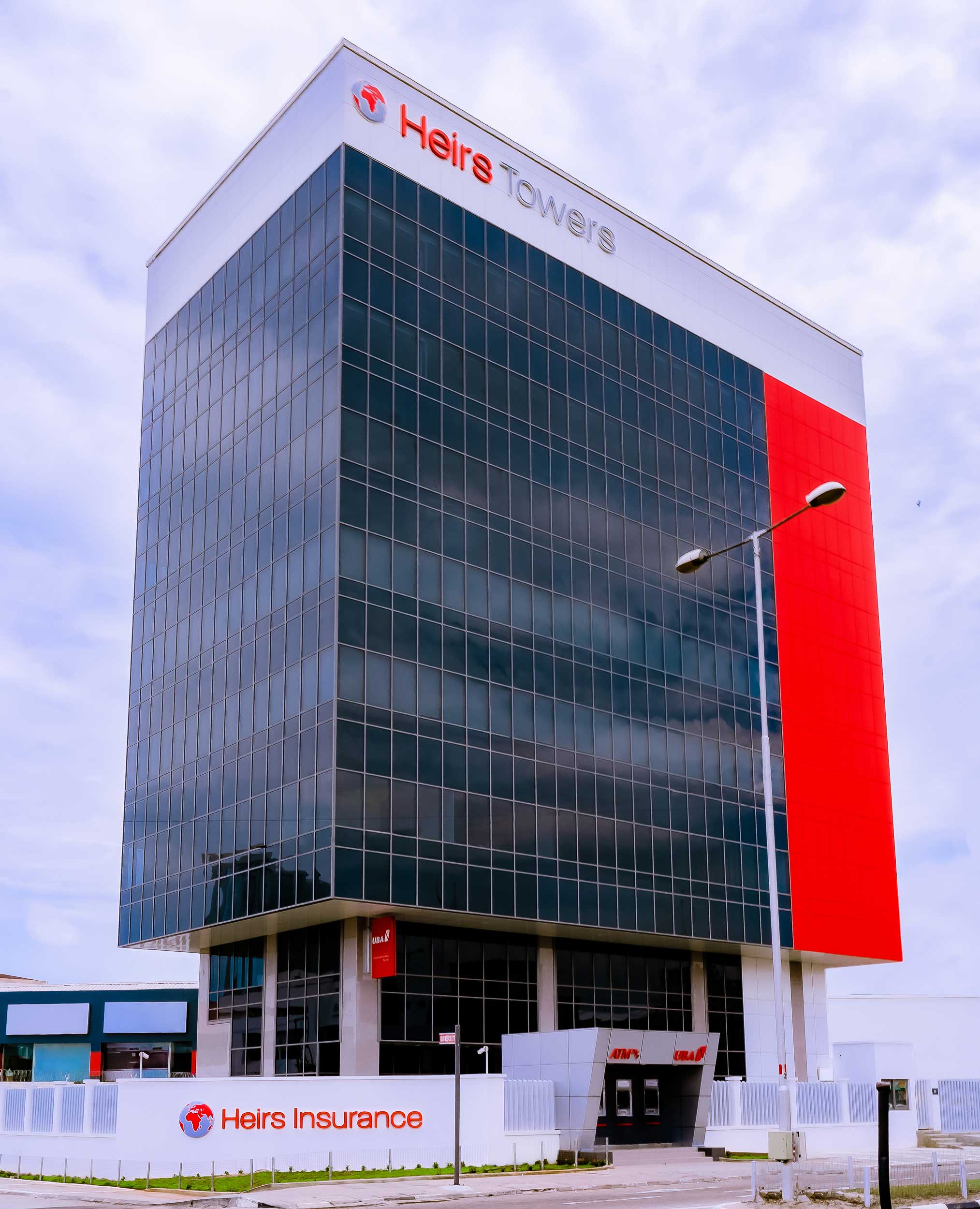Mr. Seth Kwasi Aning, Executive Director-ASIAC
Experts at the Africa Sureties and Insurance Advisory Company (ASIAC) have said that insurers may not honour claims when vehicles other than bullion-vans or armored vehicles have been used to transport monies from one location to another, since that amounts to a violation of terms and conditions of the insurance policy.
Mr. Seth Kwasi Aning, an Executive Director at ASIAC, said the use of armoured vehicles or bullion-vans by banks and financial institutions for the transportation of cash or any of its equivalents – such as bank notes, brand drafts, currency notes, cheques, current postage stamps, postal orders, money orders, revenue stamps, air-time cards etc. – is a requirement under the Bankers Blanket Bond or Bankers Indemnity Policy, which is the more appropriate insurance policy designed to protect banks and financial institutions under such conditions.
He said even though this may be the case, it is always important to read the policy wording carefully or engage an insurance broker or consultant to assist.
The ASIAC expert was also quick to add that if the financial institution or bank has outsourced the transportation of its cash to a third party or security firm, then the onus would therefore lie on that firm to refund the lost cash – as the terms of their contract to safely transport a given amount of money from one location to another had been breached, and therefore that firm or third party transporter must pay for the loss to the bank. The cash carrier or transporter may then fall on its insurance to pay for the loss incurred if they have any. Parties under such complicated circumstances may fall on insurance experts like ASIAC for assistance, he reported.
Commenting on the spate of attacks on cash transit vehicles or ‘bullion-vans’ Mr. Aning said the occurrence is not good for business as it could lead to an increase in premium rates for Cash-In-Transit Insurance, and possibly delay the introduction of certain classes of insurance, like parametric insurance, into the country.
Mr. Aning said these at a meeting with B&FT to discuss the organisation’s Corporate Social Responsibility (CSR) plan for the next five years, which is designed to help increase insurance penetration in Ghana, particularly, and also in Africa.
He said even though the use of bullion-vans for carting money is generally not a prerequisite for a typical cash in transit insurance policy in Ghana – since that policy is designed to typically provide insurance cover for the movement of cash by corporates, SMEs and other organizations – the use of security companies and secured cases for the transportation of money is implied. This means that transporting money in a more secure environment could attract premium discounts. The reverse – whereby money is transported without security or properly secured cases, safes or armored vehicles -should attract higher rates. Current trends may cause some companies to completely shy-away from cash-in-transit policies temporarily.
He said industry and companies must always contact insurance professionals – i.e. brokers, advisors, consultants – to help them take the right decisions for the purchase of insurance; adding further that this will go a long way to eliminate the mistrust of insurers and bring to the fore the immense benefits insurance brings to the economy, society, companies and individuals.
On his part, Mr. Solomon Lartey – CEO of ASIAC – said the spate of attacks on cash transit vehicles in Ghana could slow down a number of innovative insurance solutions intended for the market.
He said the introduction of parametric insurance for agriculture and disaster management for a country with earthquake exposure would aid economic development and sustainability.
Mr. Lartey added that, for example, a shooting incident in the central business district (CBD) of Accra (cat-in-a-box) could lead to a slow-down in business activity and possible losses for businesses in that vicinity – say a 10 kilometre radius. A parametric non-damage business interruption cover would pay out to the insured in that location according to pre-defined parameters. However, since insurance is for unfortuitous events, companies may not want to provide cover for incidents they believe will happen frequently.
ASIAC is an insurance-based risk management company authorised by the National Insurance Commission (NIC) of Ghana to operate as advisors, consultants and insurance brokers. The company specialises in Insurance Broking, Credit Risks & Sureties Management and Captive Management. Mr. Seth Aning is the Executive Director at ASIAC, a financial analyst and former MD of FirstBanc Ghana.
Source Ghana Web













